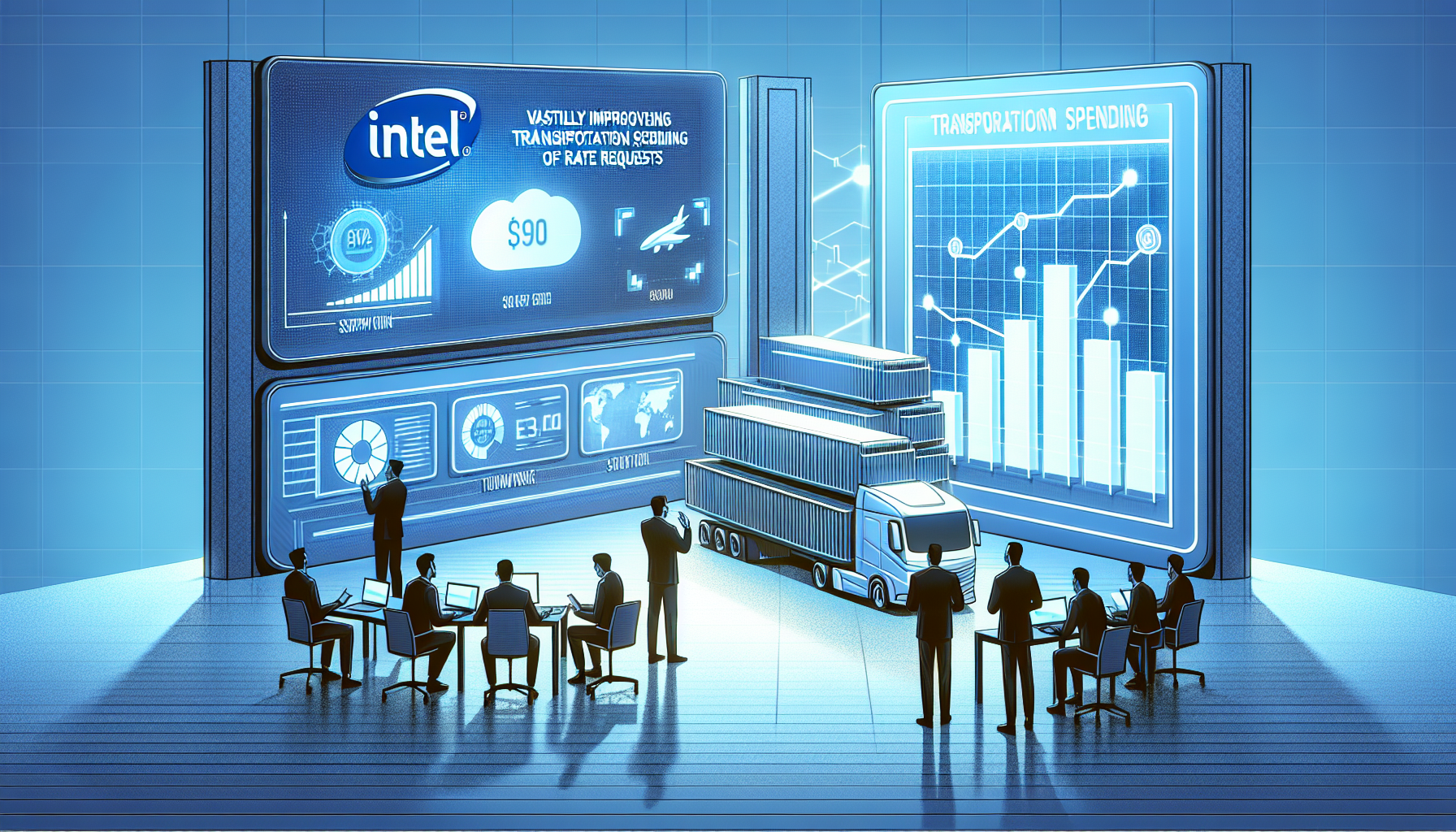Intel Radically Streamlines its Transportation Spend with Rate Request Automation

Key Takeaways
- AI automation slashed Intel's freight bidding cycle time by 50% and contract negotiation by 10X
- Machine learning identifies non-contracted shipments and converts them to better contracted rates automatically
- Intel reduced commodity management staff from 10 to 2 while saving $24 million annually
Why It Matters
When a tech giant decides to turn its AI prowess on its own shipping bills, the results are predictably impressive and slightly terrifying for anyone who enjoys job security in logistics. Intel's Rate Request Automation system demonstrates how artificial intelligence can transform even the most mundane corporate processes into lean, mean, money-saving machines. The company essentially taught computers to negotiate better shipping deals than humans ever could, which is both fascinating and mildly insulting to our species' bargaining abilities.
The real magic happens in the details: virtual audit agents prowling through shipping data like digital bloodhounds, sniffing out overpriced expedited shipments and automatically flagging them for better contracts. Intel's AI doesn't just crunch numbers; it predicts shipping patterns, identifies cost-saving opportunities, and essentially runs a parallel logistics operation that makes human commodity managers look like they're using abacuses. The system's ability to run "megabid" cycles multiple times per year means Intel can stay ahead of market fluctuations with the agility of a day trader hopped up on caffeine.
Perhaps most telling is Intel's staffing reduction from 10 commodity managers to just 2, which sounds like either a productivity miracle or a cautionary tale about AI displacement, depending on your perspective. The $24 million in annual savings represents serious money even for Intel, proving that sometimes the best way to optimize supply chains is to let machines do what they do best: process vast amounts of data without getting bored, taking coffee breaks, or demanding raises. For other companies watching from the sidelines, Intel's success offers a roadmap for AI-driven cost optimization that's hard to ignore, even if it makes traditional logistics professionals a bit nervous about their future relevance.
Related Articles

CUNA Strategic Services Announces Huloop Automation as Latest Alliance Provider Driving Efficiency Through Work Intelligence and Automation for Credit Unions

Generator interconnection automation using multi-agent collaboration
